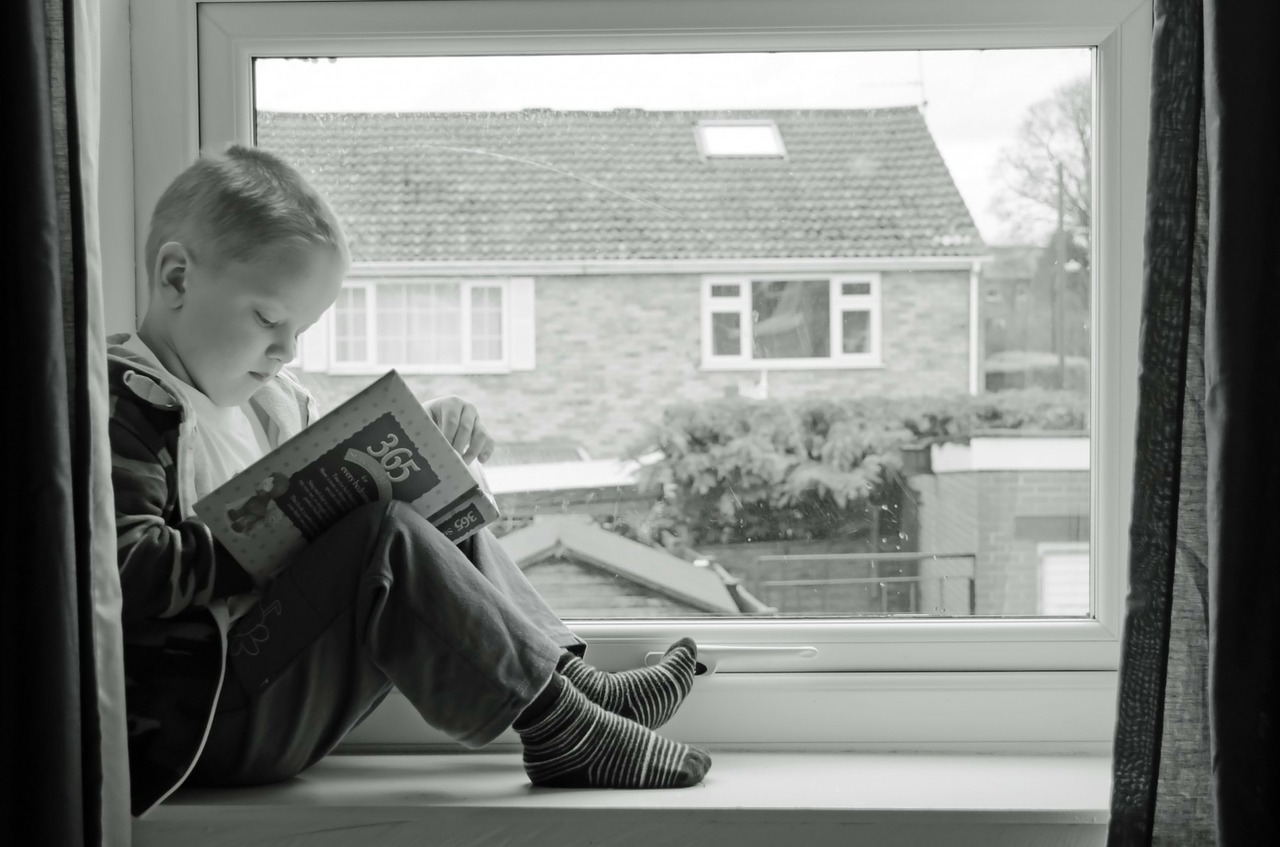A Good Space and Good Habits: Instilling Effective Study Habits for Your Child

A key objective of homework is to instill good study habits, and help a child focus and concentrate on material and become an effective learner for life. Preparing an orderly and distraction-free space is an important step in helping a student learn what it takes to succeed academically. It’s unlikely that your child will learn to love homework, but you can certainly make him as comfortable and productive as possible in a study space that’s conducive to the development of good, sustainable work habits.
Eliminate common distractions
The most obvious thing you can do to boost a child’s concentration is to get rid of common, everyday distractions that are sure to draw attention away from the task at hand. These days, there are plenty of those to reckon with. Smartphones, iPods, tablets, social media, and gaming systems are so ubiquitous, such a big part of a young person’s everyday life, that it can seem unnatural to remove them from view, but that’s what you have to do. A smartphone that’s within easy reach during study time means it’ll be checked constantly for text messages, emails, and Twitter posts. Clearly, homework will take a back seat, so keep any electronic attention-stealing device out of the room and out of mind while your child is doing homework or studying for a test. If your child needs the computer during homework time, block Facebook and instant messaging until he’s done.
Convenient and dependable
Effective studying depends on having the right tools on hand and knowing where to find them. Make sure your kids’ study space has all the paper, pens, erasers, calculators, and paper clips they’ll need to keep everything organized. Their desk should be large enough for supplies and to accommodate all the necessary books, study aids, and notes. Consider investing in some plastic bins, files, and dividers to keep paperwork from getting lost and to instill good organizational habits as they learn to study.
The right spot
The bedroom is the traditional place for establishing a study area, but the portability of laptop computers and other technological study aids means you can find a better, less distracting space if necessary. Wherever you set it up, a study area should be free of television or computer screens (unless needed for study), so there’s no glancing up to keep track of the ball game or checking out their favorite TV show. Concentration depends to a great degree on one’s posture. Lying down may induce sleepiness and will make it tough to take good notes. Discourage moving around and working in different positions. The best approach is to find a comfortable chair that supports good posture and helps keep a child focused.
Study time
Unless you establish a set time each day for homework, chances are you’ll be nagging and coercing every evening. If study time is 5 to 7 or 6 to 8 every night, for example, kids get used to the idea and are more likely to understand that there’s no excuse for not getting homework done every night. Youngsters need to understand that homework and study are nonnegotiable items when school is in session. Allowing it to be optional will only make your job as a parent more difficult.
Extracurricular activity
An effective learning space isn’t just for homework. It can be an ideal place for children to engage in extracurricular activities, like painting, sculpting, or other STEM activities. For example, if your kid’s a budding musician, make sure he has a music stand, a metronome, and enough space in which to practice so he can push his musical abilities to the next level.
Concentration is absolutely critical for a child who’s learning to study productively. That means establishing a distraction-free, comfortable, and well-supplied space with enough room in which to work on extracurricular activities as well as homework. Don’t default to the bedroom because sometimes the best place for concentrating is in a quiet spot that’s free of screens and other common temptations.
Photo via Pixabay
